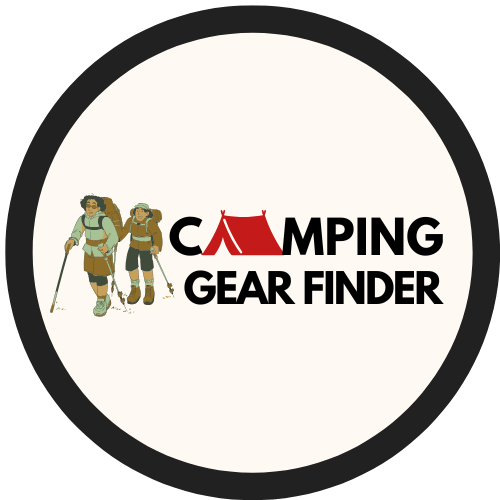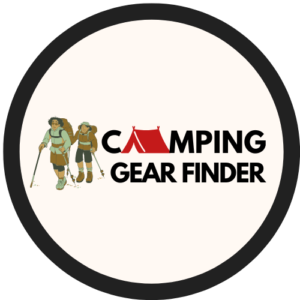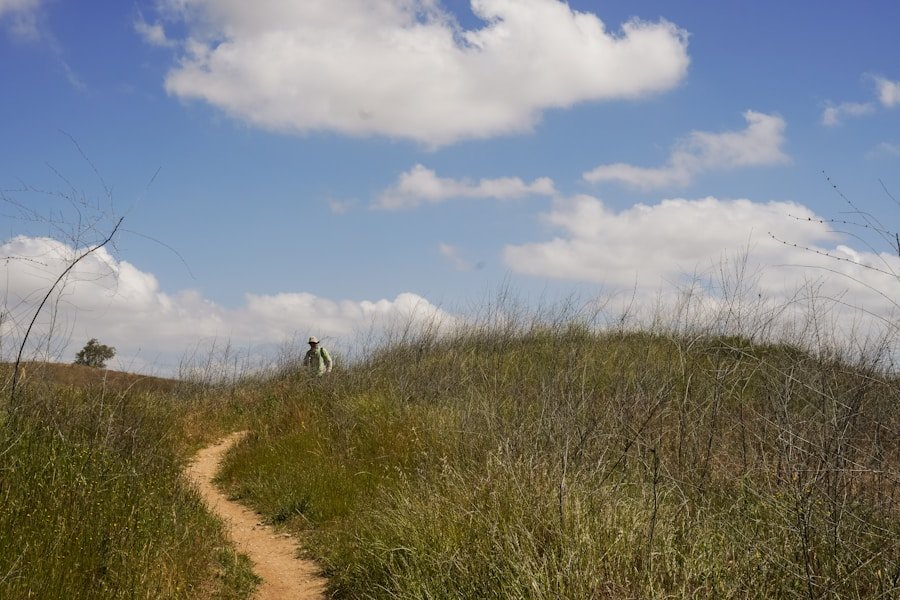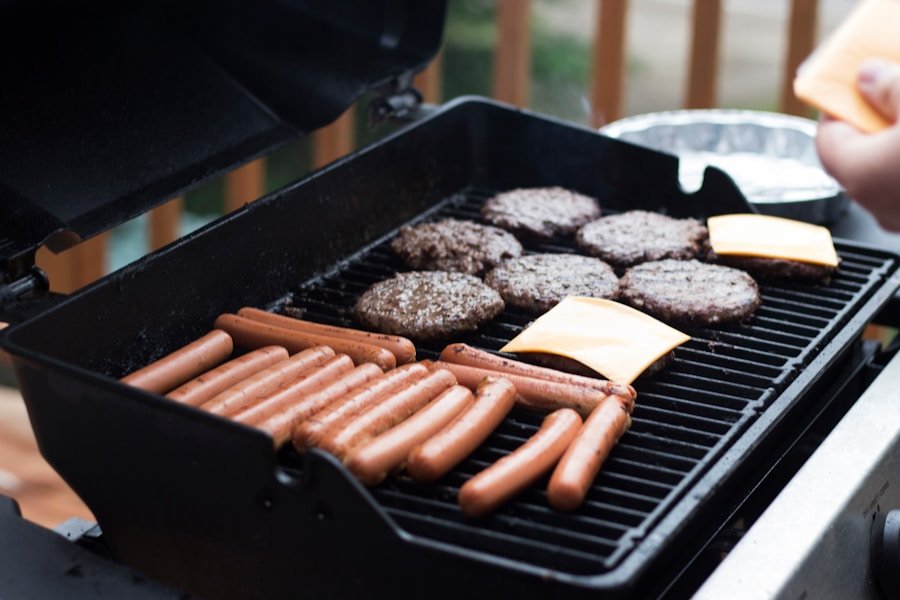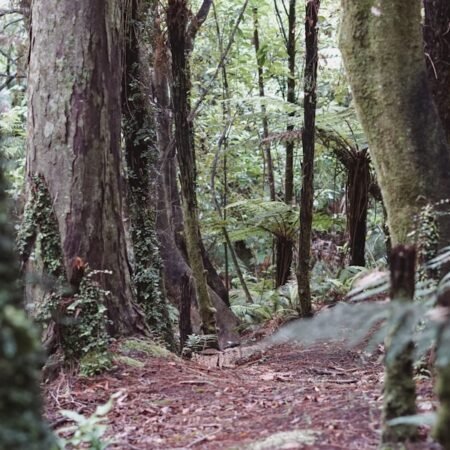When organizing a scavenger hunt for your family camping trip, selecting the ideal location is the initial step. Regardless of whether you’re camping in a national park, state park, or private campground, it’s crucial to assess the area’s size and layout. Opt for a location that features a diverse range of natural elements, such as forests, meadows, rivers, and lakes, to create a more engaging and varied scavenger hunt experience.
Furthermore, consider the location’s accessibility for all family members, including young children and elderly participants, to ensure everyone can fully participate. Another key consideration when choosing a location for your family camping scavenger hunt is the availability of essential amenities, including restrooms, picnic areas, and designated camping spots. These facilities can significantly enhance the overall comfort and enjoyment of the experience for all participants.
Additionally, it’s essential to familiarize yourself with the location’s rules and regulations, such as any restrictions on collecting natural items or disturbing wildlife. By carefully selecting the perfect location for your family camping scavenger hunt, you can guarantee a memorable and enjoyable experience for everyone involved.
Key Takeaways
- Choose a location with diverse natural features and landmarks for an engaging scavenger hunt experience.
- Tailor clues to different age groups and abilities to ensure everyone can participate and be challenged.
- Pack essential supplies such as maps, compasses, and walkie-talkies to keep the scavenger hunt organized and safe.
- Set clear rules and boundaries to ensure the safety of all participants during the scavenger hunt.
- Incorporate nature and wildlife into the scavenger hunt to encourage appreciation for the environment and outdoor exploration.
Creating Engaging and Challenging Clues for All Ages
Designing Clues for Younger Children
When designing clues for a family camping scavenger hunt, it’s essential to consider the interests and abilities of each family member. For younger children, use simple and straightforward clues that are easy to understand and solve. This will ensure that they can participate and have fun without feeling overwhelmed.
Challenging Older Kids and Adults
For older kids and adults, incorporate more complex riddles and puzzles to keep them engaged and entertained. This will provide a fun and challenging experience for them as they work together to solve the clues.
Making it Educational and Interactive
To make the scavenger hunt more educational and interactive, consider incorporating clues that require participants to identify different types of plants, animals, or natural landmarks. This can help them learn more about the environment and wildlife around them while having fun.
Varying Clue Formats
Additionally, consider using a variety of clue formats such as written riddles, visual puzzles, and audio recordings to cater to different learning styles. By creating engaging and challenging clues for all ages, you can ensure that your family camping scavenger hunt will be a fun and rewarding experience for everyone involved.
Essential Supplies and Equipment for a Successful Scavenger Hunt
When planning a family camping scavenger hunt, it’s important to gather essential supplies and equipment to ensure a successful and enjoyable experience for all participants. First and foremost, make sure to bring a map of the area and mark the locations of each clue to help guide participants throughout the scavenger hunt. Additionally, consider providing each team or individual with a compass or GPS device to help them navigate the terrain and find their way to each clue.
Another essential supply for a successful scavenger hunt is a bag or container for collecting items found along the way. This can be used to gather natural items such as leaves, rocks, or feathers as part of the scavenger hunt challenges. Additionally, consider providing each participant with a small notebook and pencil to jot down notes or sketches of interesting discoveries made during the scavenger hunt.
By gathering essential supplies and equipment for your family camping scavenger hunt, you can ensure that everyone is well-prepared and equipped for a fun and adventurous experience in the great outdoors.
Tips for Setting Up and Organizing Your Scavenger Hunt
Setting up and organizing a family camping scavenger hunt requires careful planning and attention to detail to ensure that everything runs smoothly on the day of the event. Start by creating a detailed schedule and timeline for the scavenger hunt, including the start and end times, as well as the locations of each clue. This will help keep everyone on track and ensure that the scavenger hunt progresses at a steady pace.
Additionally, consider dividing participants into teams or pairs to encourage teamwork and collaboration throughout the scavenger hunt. This can also help ensure that younger children are paired with older kids or adults to provide guidance and support as needed. Another important tip for setting up and organizing your scavenger hunt is to conduct a trial run of the course before the actual event to identify any potential challenges or obstacles that may need to be addressed.
By following these tips for setting up and organizing your family camping scavenger hunt, you can ensure that it will be a well-structured and enjoyable experience for all.
Safety Precautions and Rules for a Fun and Safe Scavenger Hunt
When planning a family camping scavenger hunt, it’s important to establish safety precautions and rules to ensure that everyone has a fun and safe experience. Start by conducting a safety briefing before the start of the scavenger hunt to review important guidelines such as staying on designated trails, avoiding dangerous wildlife, and respecting natural habitats. Additionally, consider providing each participant with a whistle or other signaling device in case of an emergency or if they become lost during the scavenger hunt.
Another important safety precaution to consider is providing each participant with a first aid kit containing essential supplies such as bandages, antiseptic wipes, and insect repellent. This can help address minor injuries or discomfort that may occur during the scavenger hunt. Lastly, establish clear rules regarding the collection of natural items to ensure that participants do not disturb or damage the environment in any way.
By implementing safety precautions and rules for your family camping scavenger hunt, you can ensure that everyone has a fun and safe experience in the great outdoors.
Incorporating Nature and Wildlife into Your Scavenger Hunt
Exploring the Natural Surroundings
One of the best aspects of planning a family camping scavenger hunt is the opportunity to incorporate nature and wildlife into the experience. Consider creating clues that require participants to identify different types of plants, trees, or animal tracks as they explore the natural surroundings. This can help them learn more about the environment and wildlife while having fun and engaging in an interactive learning experience.
Observing Wildlife and Natural Landmarks
Additionally, consider incorporating challenges that involve observing wildlife such as birdwatching or identifying different species of insects or butterflies. Another way to incorporate nature into your family camping scavenger hunt is to create clues that lead participants to scenic viewpoints or natural landmarks such as waterfalls, rock formations, or caves. This can provide opportunities for participants to appreciate the beauty of nature while engaging in an exciting adventure.
Promoting Environmental Awareness
Lastly, consider incorporating environmental awareness challenges into your scavenger hunt such as picking up litter or identifying ways to conserve water and energy in the campground. By incorporating nature and wildlife into your family camping scavenger hunt, you can create a meaningful and educational experience for all participants.
Celebrating the End of Your Scavenger Hunt with a Campfire Cookout and Awards Ceremony
After completing your family camping scavenger hunt, it’s important to celebrate the end of the adventure with a campfire cookout and awards ceremony to recognize participants for their efforts and achievements. Start by gathering around a campfire and enjoying a delicious cookout with hot dogs, hamburgers, marshmallows, and other campfire favorites. This can provide an opportunity for participants to relax and socialize while sharing stories about their experiences during the scavenger hunt.
Additionally, consider hosting an awards ceremony to recognize participants for their accomplishments during the scavenger hunt. Create fun and lighthearted awards such as “Best Teamwork,” “Most Creative Clue Solver,” or “Nature Explorer Award” to acknowledge different strengths and achievements among participants. This can help boost morale and create a sense of accomplishment for everyone involved.
Lastly, consider ending the evening with a group sing-along or storytelling session around the campfire to create lasting memories of your family camping scavenger hunt experience. By celebrating the end of your scavenger hunt with a campfire cookout and awards ceremony, you can create a sense of camaraderie and unity among participants while fostering a spirit of adventure and exploration in the great outdoors. In conclusion, planning a family camping scavenger hunt requires careful consideration of location, clues, supplies, organization, safety precautions, nature incorporation, and celebration at the end.
By following this ultimate guide, you can ensure that your next family camping trip will be filled with fun, adventure, learning experiences, teamwork building activities, safety measures, appreciation for nature, wildlife observation opportunities, delicious campfire cookouts, awards ceremonies filled with laughter and joyous memories that will last a lifetime. So pack your bags, gather your loved ones, head out into nature’s embrace, and embark on an unforgettable family camping scavenger hunt adventure!
FAQs
What is a scavenger hunt?
A scavenger hunt is a game in which players are given a list of items to find or tasks to complete, usually within a specific time frame. It can be played individually or in teams, and is often used as a form of entertainment or team-building activity.
How do you plan a scavenger hunt for a family camping trip?
To plan a scavenger hunt for a family camping trip, you will need to choose a location, create a list of items or clues for participants to find, and establish the rules and boundaries of the game. It’s important to consider the ages and abilities of the participants when planning the scavenger hunt.
What are some clues for a camping scavenger hunt?
Clues for a camping scavenger hunt can include riddles, puzzles, or directions to specific locations within the campsite or surrounding area. For example, a clue might lead participants to a specific tree or landmark where they will find the next clue.
What are some tips for a successful camping scavenger hunt?
Some tips for a successful camping scavenger hunt include creating a variety of clues that cater to different ages and abilities, setting clear boundaries for the game, and providing a small prize for the winners. It’s also important to consider the safety and environmental impact of the scavenger hunt.
What are the benefits of a scavenger hunt for a family camping trip?
A scavenger hunt can add an element of fun and excitement to a family camping trip, and can also encourage teamwork, problem-solving, and outdoor exploration. It’s a great way to create lasting memories and bond with family members in a natural setting.
